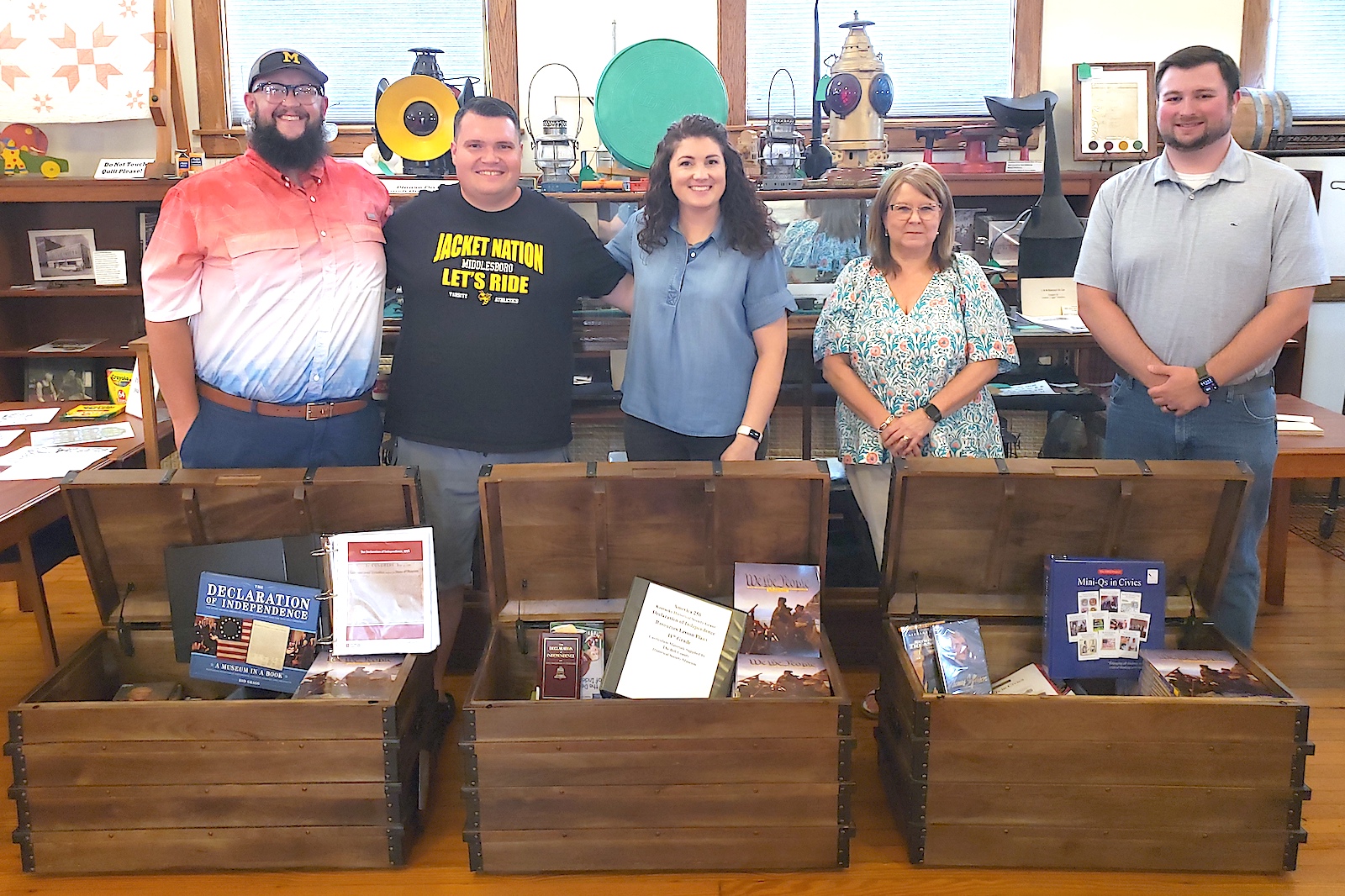‘Now Thank We All Our God’
Published 6:00 am Monday, November 20, 2017
This is the season to be grateful and to acknowledge our many blessings, even in the midst of extreme difficult times for so many of our neighbors and friends the last three months in particular. September has been declared “the most active month for hurricanes on record since 1851, with three: Irma, Jose, and Katia photographed by satellite above the Atlantic Ocean on the same day Sept. 8,” (Washington Post, Sept. 27). Harvey devastated Texas and Maria virtually destroyed Puerto Rico, most still without adequate electricity. Tying for second most active hurricane month in our history was years 1893 and 1926.
Three mass murderers paralyzed three communities in one month: The nations largest mass shooting was in Las Vegas, Oct. 12, with 59 killed and 527 injured, and the slaughter of 26 and wounding of 20 First Baptist Church goers in Sutherland Springs, Nov. 6, was the largest in Texas history. Finally a murderous truck driver mowed down New Yorker’s on Oct 31, killing eight and injuring 11. A fourth mass shooting occurred yesterday as I wrote this column. This one at and around Rancho Tehama Elementary School near Corning, California, where five were killed (including the gunman) 10 wounded; none of the murdered were children. Heroic teachers locked down the school preventing a much greater slaughter.
These, and our own personal circumstances, may bring us beneath what we think we can endure. During such times it is sometimes hard to find things to be grateful for or to find the hand of God in anything. Still, adversities make most Christians stronger and some may never have found Christ without adversity. True heroes are found sharing and giving everything, as did Christ, to help others. Sometimes adversity also gives birth to songs of strength.
Trending
Finding someone whose life circumstances are much worse sometimes helps a little. One such was Martin Rinckart. He authored the beloved Christian hymnal “Now Thank We All Our God” which has given fellow Christian’s strength in their trials for almost 400 years.
In 1637 the Swedes and Germans were in the midst of The Thirty-Year War (Catholics vs. Protestants) and refugees from that encounter were flooding into Eilenburg, Saxony where Martin Rinckart was serving as Archdeacon of his native German town. A horrible plaque gripped the area leaving some 8,000 persons dead in a single year. Rinckart had to assist “at the beds of the sick and dying.” Although fortunately he maintained his own health during this time of death, he “had to read forty or fifty funeral services a day” including the services of two of his fellow clergymen. A fourth ran away, out of fear of getting sick, leaving him the lone church authority in this major crisis. He assisted in burying some 4,480 in all. In May of that year, his wife died. “By the end of the year, the refugees had to be buried in trenches without services.”
This horror was followed by a famine “so extreme that thirty or forty persons might be seen fighting in the streets for a dead cat or crow.” As the head of the church in his area “his door was surrounded by a crowd of poor starving wretches, who found it their only refuge.” He shared everything he had reserving “the barest rations for his own family.”
Next the Swedes returned demanding a tribute of $30,000 from the town. Such money was not available. After failing to entreat the invading general for mercy, Rinckart turned to those following him and, in the general’s presence, said “Come, my children, we can find no hearing, no mercy with men, let us take refuge with God.” He then “fell on his knees and prayed with such touching earnestness that the Swedish general relented, and lowered his demand at last to 2,000 florins.”
Apparently the words of his hymn were originally written as a grace to be said before meals but given his circumstances it became a song of strength in adversity. Listen to them. “Now thank we all our God with hearts and hands and voices, Who wondrous things hath done, In whom his earth rejoices; Who, from our mothers’ arms, Hath blessed us on our way With countless gifts of love, And still is ours today.” The first verse of this Lutheran hymnal is certainly a message of thanksgiving; the second, one of protection and guidance. “Oh, may our bounteous God Through all our life be near us, With ever joyful hearts and blessed peace to cheer us, And keep us in his love, And guide us day and night, And free us from all ills, Protect us by his might.”
Perhaps his life and song can make us stronger as well. At the very least it should give us a few extra things for which to be thankful this Thanksgiving Day. None of us are fighting over a dead cat or crow to eat. Despite our obstacles, deep inside we know that God still has our best interests in mind. When we next sing this song let us do it with more gratitude reflecting, at least for a moment, on our great blessings, as he did, rather than our trials. The trials will always be there but so will also the blessings.
Trending
To read more of Dr. Harold Pease’s weekly articles, visit www.LibertyUnderFire.org.







